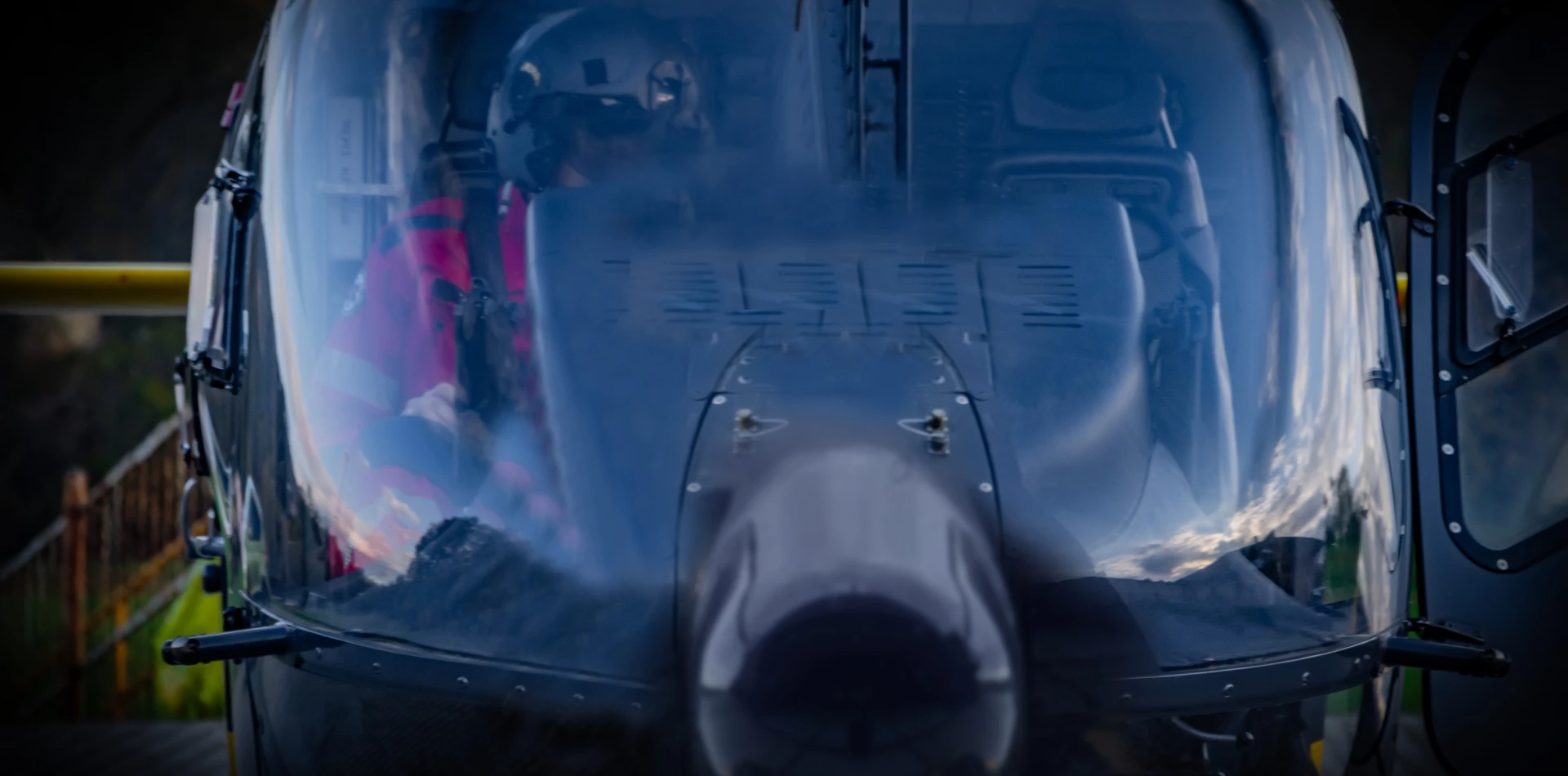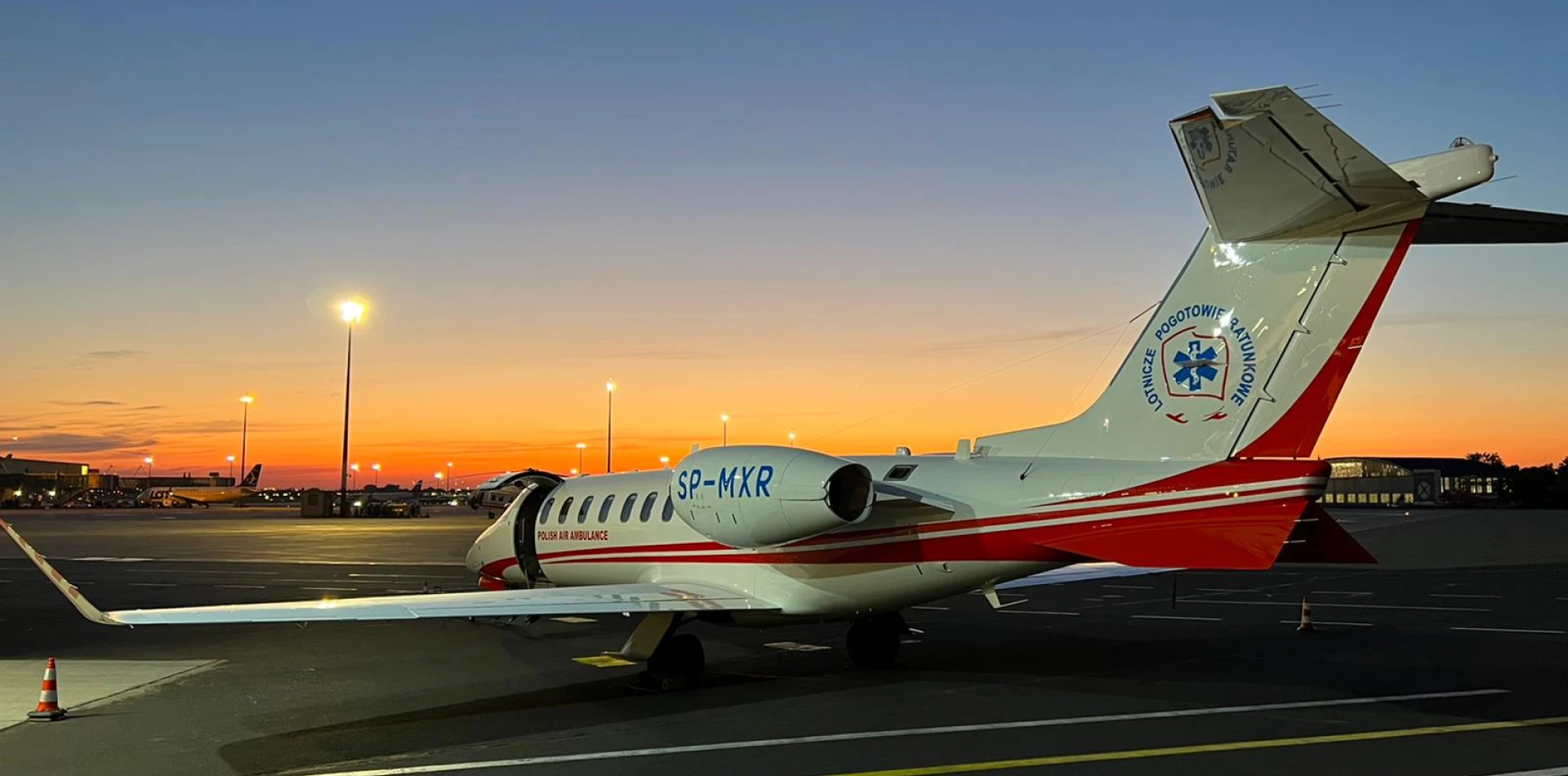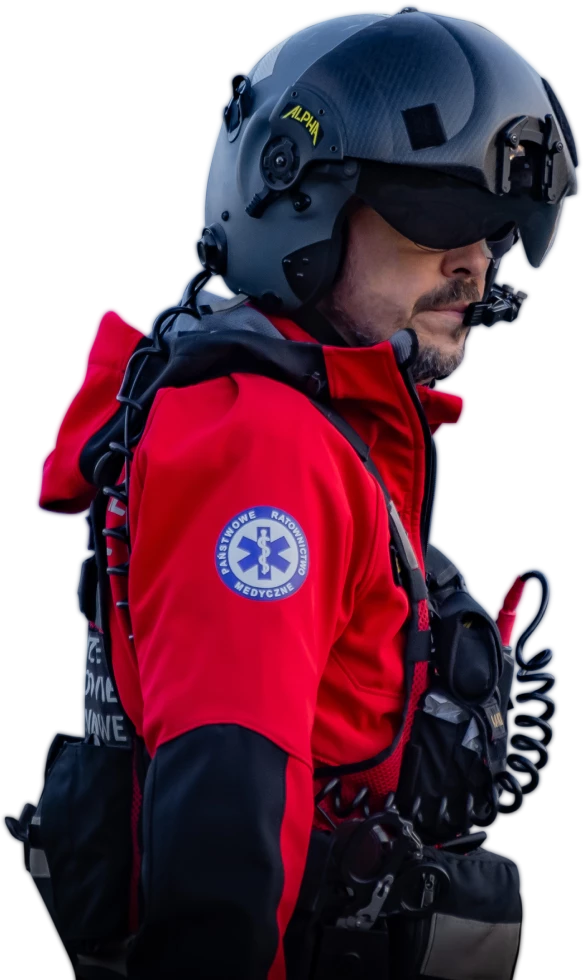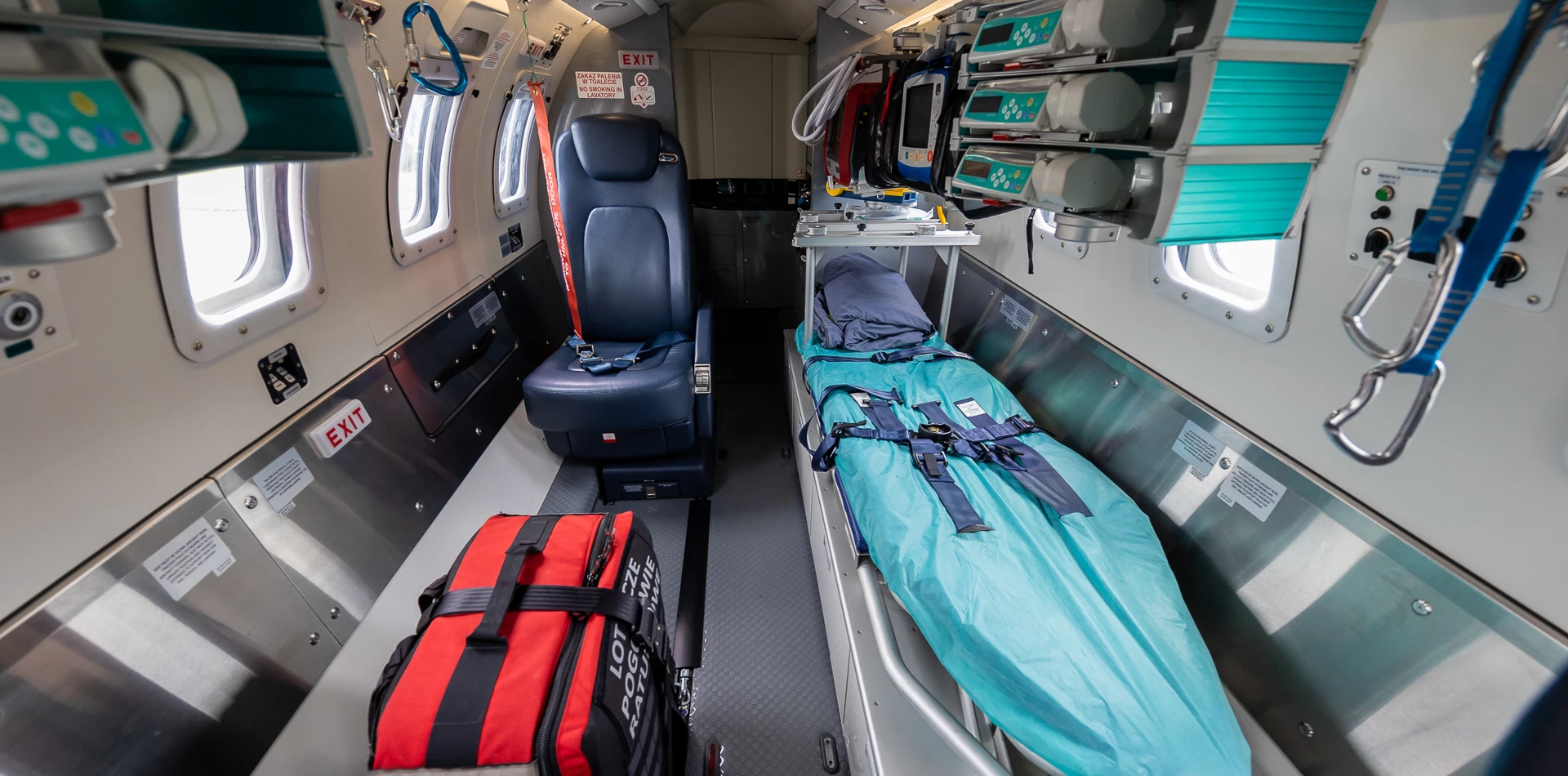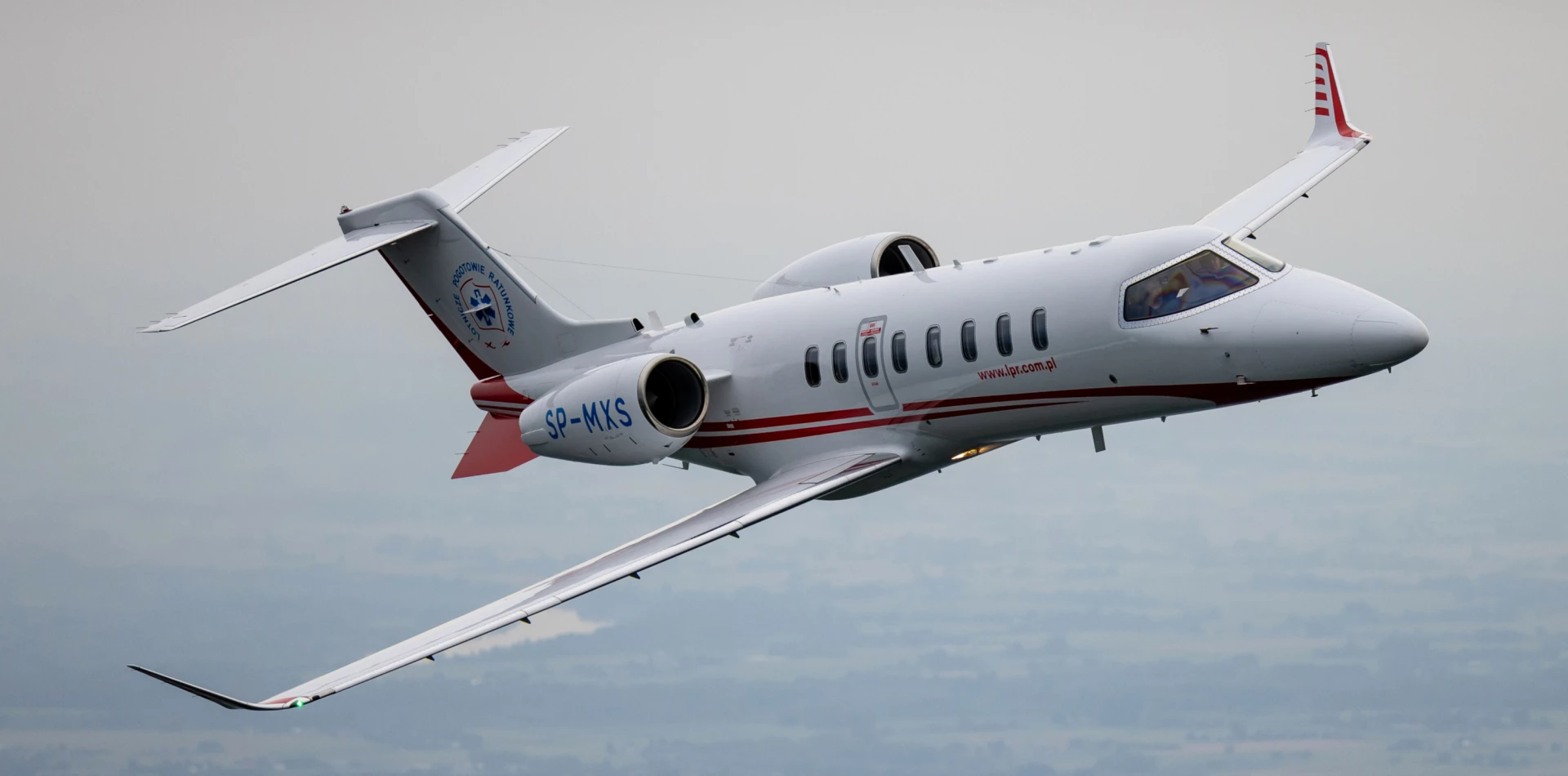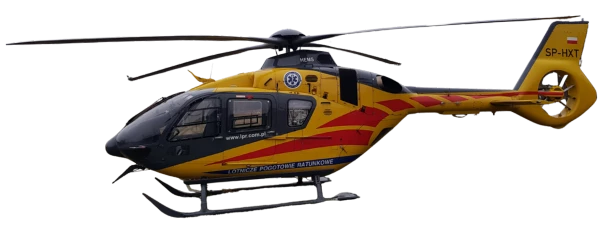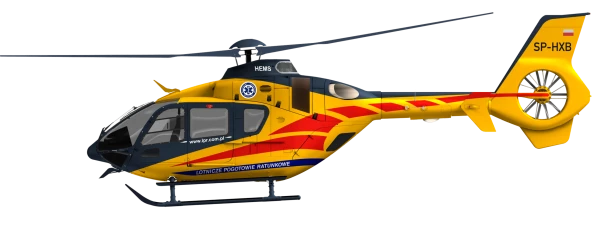

Naszą misją jest niesienie pomocy medycznej wszystkim, którzy jej potrzebują, w jak najkrótszym czasie i z zachowaniem najwyższej staranności. Nie uznajemy w niesieniu tej pomocy dyskryminacji z jakiegokolwiek względu, a naszych Pacjentów traktujemy z najwyższym szacunkiem i godnością należnymi każdej ludzkiej istocie.
BAZA
SEZONOWA
Prezentowana mapa ma charakter poglądowy i nie może być wykorzystywana jako narzędzie operacyjne. Statusy poszczególnych baz mogą różnić się od stanu faktycznego.
Znajdź bazę
Do zadań Lotniczego Pogotowia Ratunkowego należy wykonywanie lotów do wypadków i nagłych zachorowań i pomoc ich ofiarom, transport pacjentów wymagających opieki medycznej pomiędzy zakładami opieki zdrowotnej, lotniczy transport medyczny poza granice kraju oraz transport do Polski obywateli naszego kraju, ofiar wypadków lub nagłych zachorowań, do których doszło poza granicami Polski.




